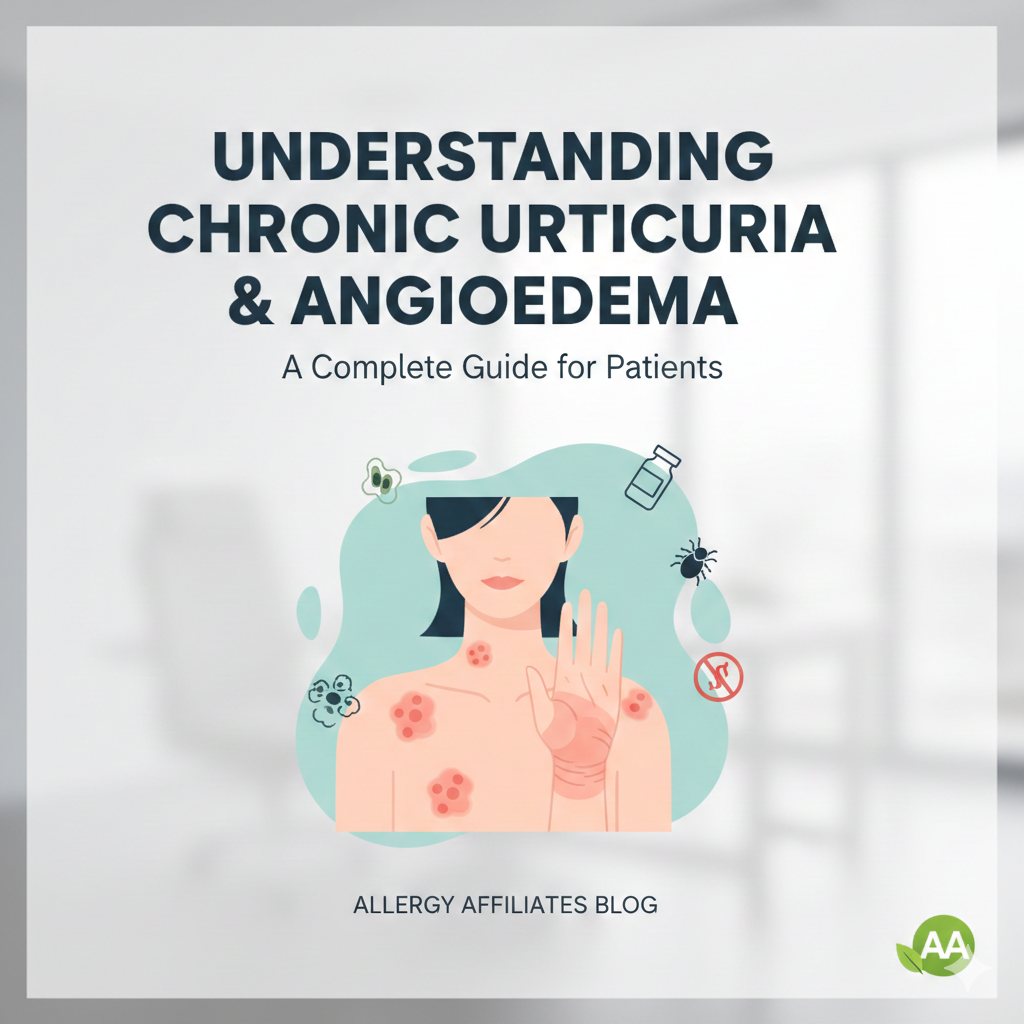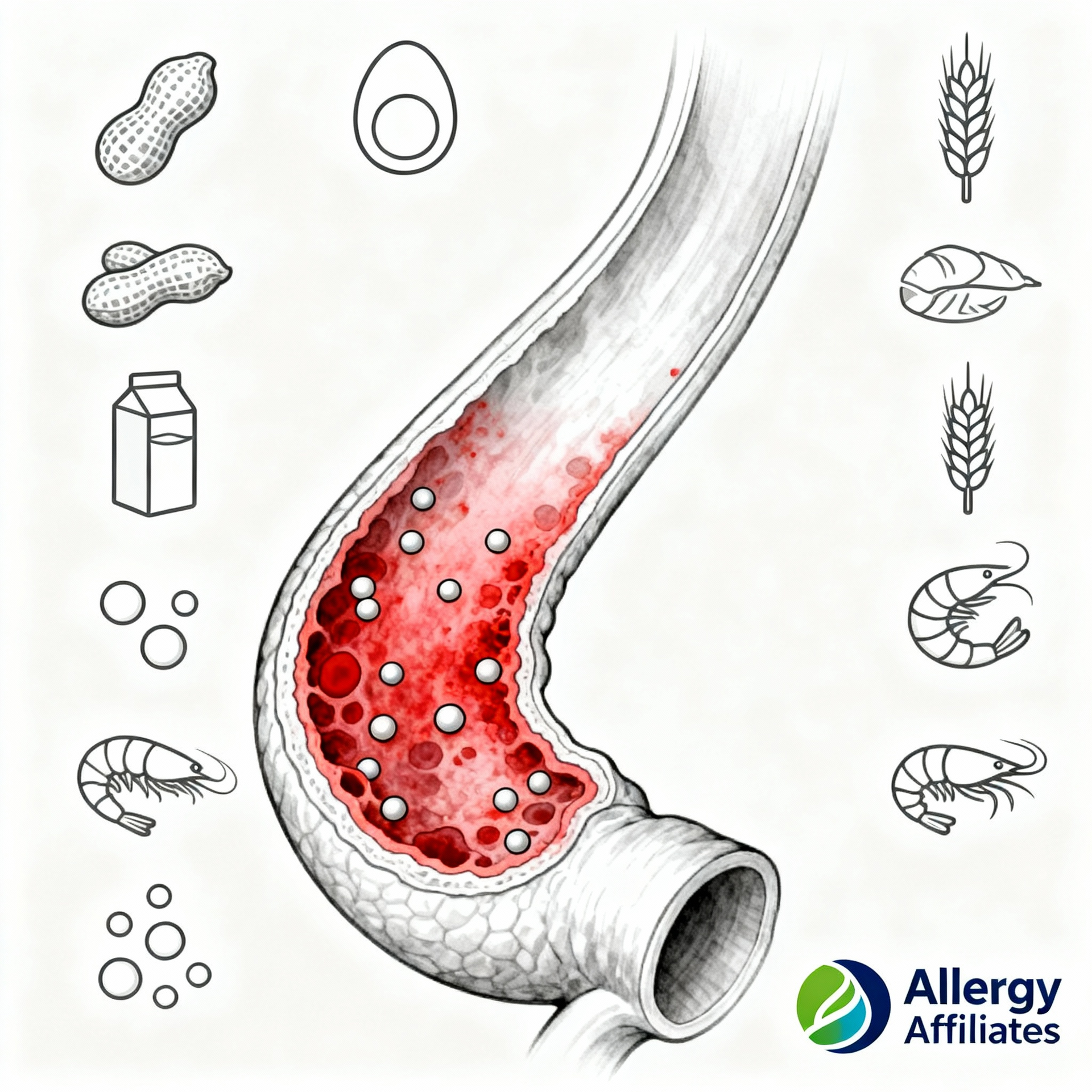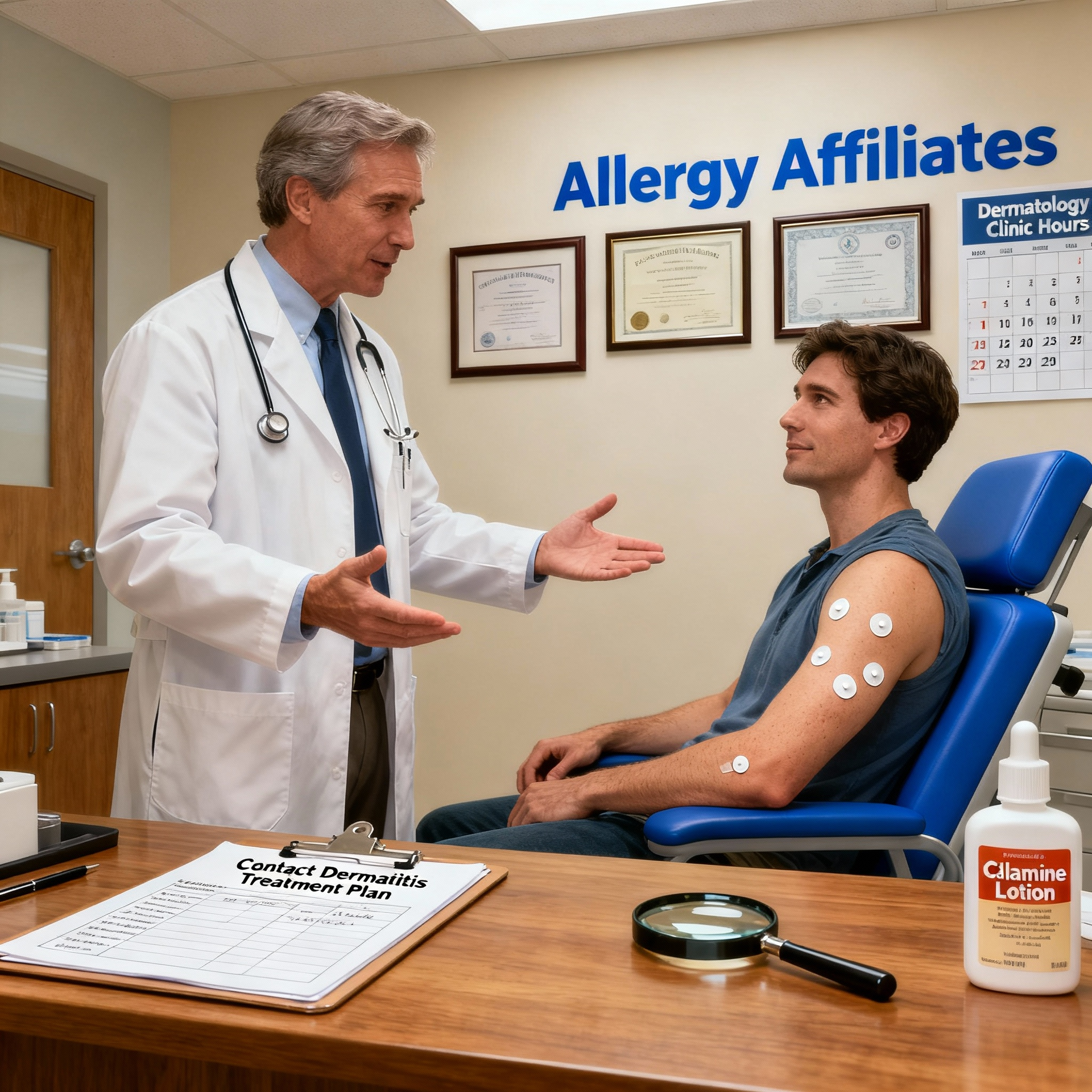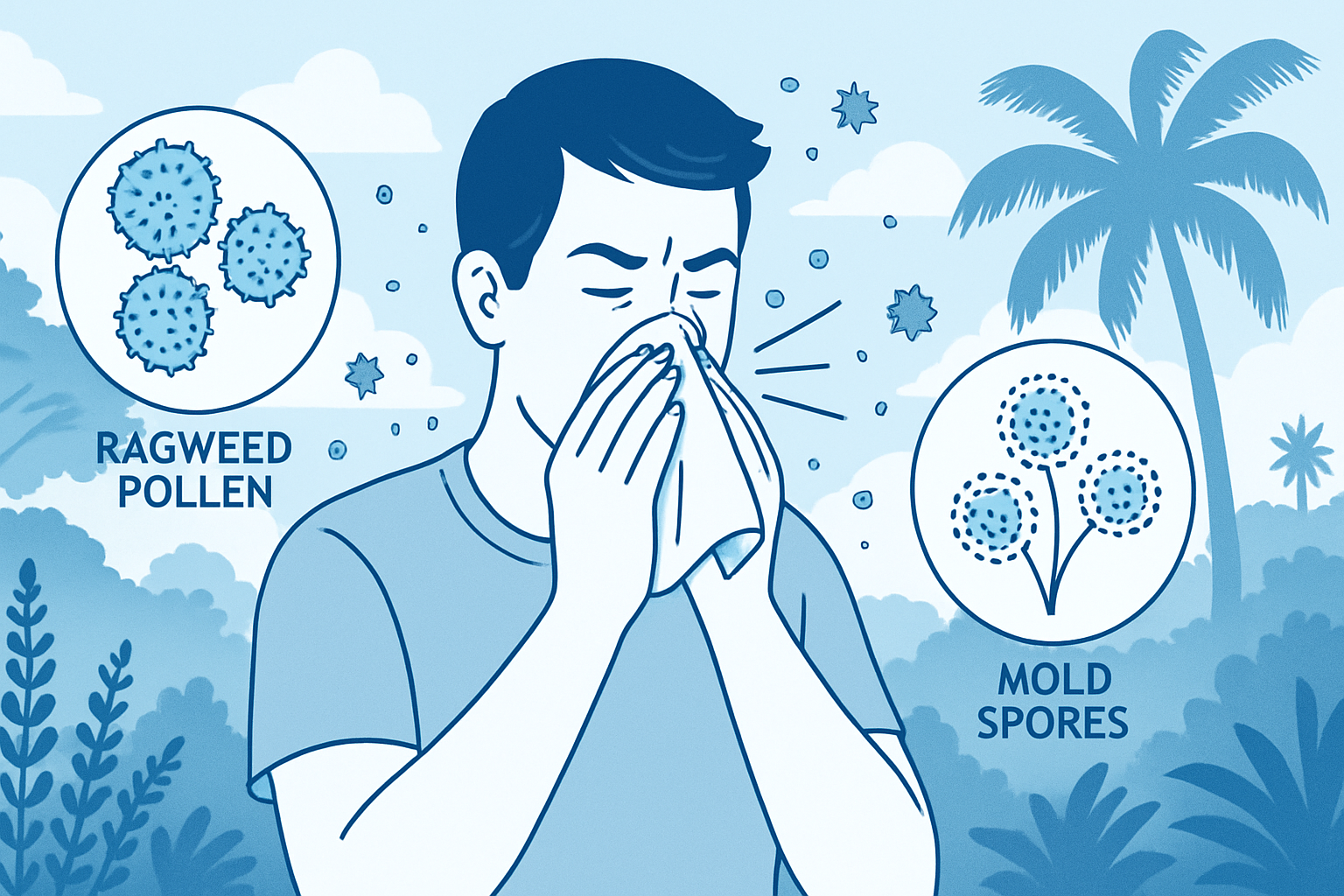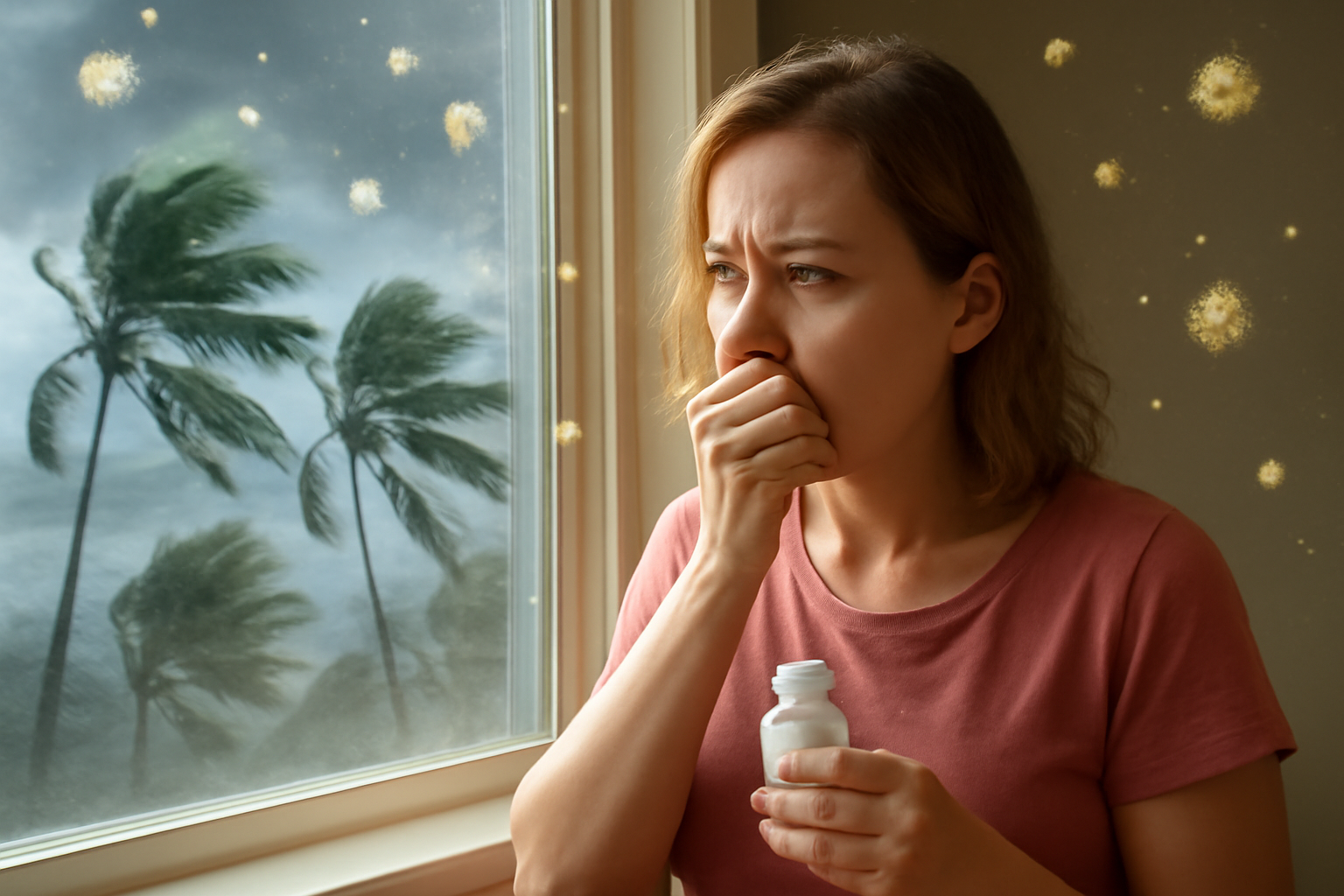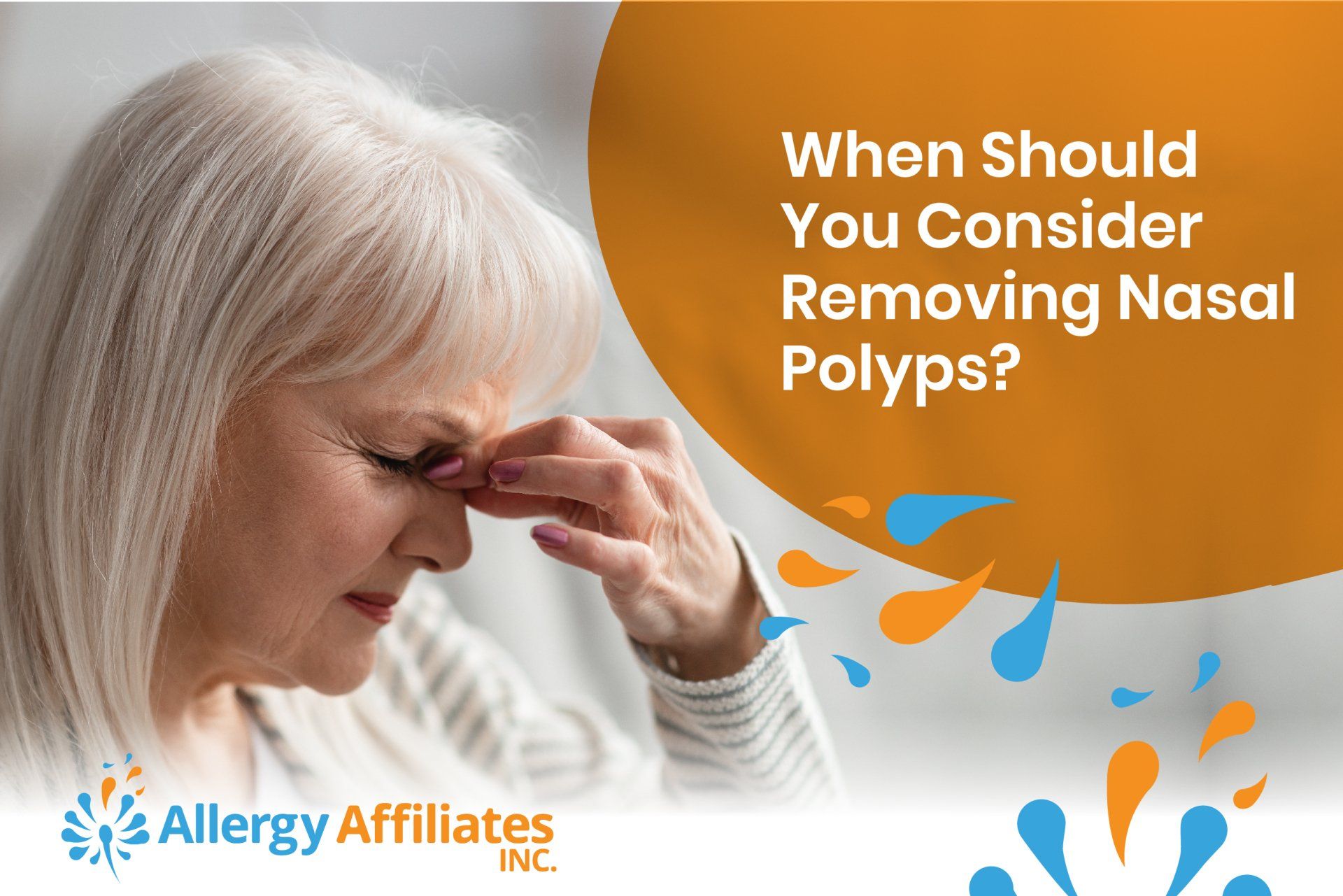
Have you felt the need to clear your nasal passages because it feels like a foreign object is in there? Do you sometimes feel like something is stuck in your nose? You could be suffering from nasal polyps, which are not life-threatening but can cause discomfort and are sometimes difficult to detect.
This article will cover what nasal polyps are all about, what treatment options are available, and when surgery is necessary.
What are Nasal Polyps?
Nasal polyps are small, benign growths in the sinuses or nasal cavity. They often appear as soft, fleshy, pinkish projections from the nasal septum. You might experience a sensation that your nose is stopped up, but there is no drainage to indicate a congested nose.
It is possible to get nasal polyps at any age, but they are most common in adults over 40 and affect men twice as often as women. They are rare among children under the age of 10. If so, a doctor will examine them to see if they have cystic fibrosis.
Compared to smaller polyps, larger ones may cause complications due to the interference with normal breathing, the obstruction of the drainage of fluids, and the irritation and inflammation they cause. Additionally, if the sinuses accumulate too much mucus, infections can develop.
Among the possible complications are
- Asthma attacks: Recurring sinusitis can aggravate asthma
- Infections of the sinuses: Nasal polyps can increase your risk of sinus infections
- Sleep apnea: a sleep disorder in which breathing is interrupted while sleeping
Symptoms of Nasal Polyps
Small polyps are unlikely to cause symptoms. When they are larger, they will likely cause the following symptoms:
- Headaches
- Runny nose
- Congestion of the nasal passages or stuffy nose
- Postnasal drip or constant need to clear your throat
- Snoring
- Frequent nosebleeds
- Pressure or pain in the sinuses or the face
- A loss of taste or smell
Immediately seek medical attention or call 911 if you experience any of the following symptoms:
- high fever
- severe headache
- having difficulty breathing
- symptoms suddenly getting worse
- swollen eyes
- having blurred vision, double vision, or difficulty moving your eyes
What are the risk factors for Nasal Polyps?
There is no clear cause for nasal polyps. According to some experts, it may be related to your immune system or the chemical composition of your nasal and sinus linings. While some people can develop polyps without a history of nasal issues, they tend to develop them in response to specific triggers.
Among these triggers are:
- asthma
- allergic rhinitis
- chronic sinusitis
- cystic fibrosis
- Churg-Strauss syndrome: a rare disorder characterized by blood vessel inflammation
- sensitivity to nonsteroidal anti-inflammatory drugs (NSAIDs) like aspirin
- Vitamin D deficiency
How is it diagnosed?
Ultimately, a consultation with a doctor is needed to determine the best way to handle nasal polyps. During your visit, your doctor will ask you about your symptoms to find out whether you have nasal polyps. This may be followed by a physical examination, including examination of the ear, nose, and throat (ENT) tract, or even an endoscopic examination.
Your doctor may order more tests if these do not confirm the diagnosis, including:
- A blood test to check vitamin D levels. Low vitamin D levels can contribute to polyps.
- Tests for genetic diseases for children who have nasal polyps
- Imaging tests, such as CT or MRI scan
- Allergy tests to determine whether allergies cause inflammation in your nose.
Treatment Options for Nasal Polyps
Before recommending surgery, your doctor will prescribe medications to shrink the polyps and alleviate any discomfort they might cause. In many cases, these prescription medications are sufficient to avoid surgery. Some of the medications and treatment before choosing surgery include:
- Corticosteroid spray/drops
- Dupixent which is an FDA-approved drug for treating nasal polyps that glucocorticoids cannot control
- When nasal sprays don't work, oral or injectable steroids, such as prednisone, are next treatment of choice.
- Antibiotics for polyps caused by bacterial sinus infections
- Saline rinse to unclog your nose
Removing Nasal Polyps: When Is Surgery Considered?
When medications are ineffective, nasal polyps can be removed with a polypectomy surgery. Surgery may also be necessary if the polyps cause major obstructions and severe symptoms. The procedure is safe with a low complication rate and is usually done as an outpatient. Note that nasal polypectomy is not a cure-all for nasal polyps. As long as the underlying cause is not treated, there's a chance it will grow back. To prevent polyps from returning quickly after surgery, your doctor will recommend you to keep using steroid sprays.
If large polyps are located deep inside your nose, a doctor may perform endoscopic sinus surgery. The procedure uses a thin, flexible endoscope fitted with a tiny camera and small instruments. A doctor will guide an endoscope into your nostril, locate and remove any obstructions or polyps.
Ways to Prevent Growth of Polyps in the Nose
You are less likely to develop nasal polyps or have them come back after treatment by following these tips:
- Asthma and allergy management: The treatment of underlying conditions is essential to prevent nasal polyps.
- Don't expose your nose to irritants: You should avoid airborne allergens and triggers such as smoke, dust, and strong chemicals that can irritate your sinuses and nose.
- Use a humidifier: You can use a humidifier to moisten your nasal passages during the winter or when the air in your environment gets dry. As a result, mucus will flow better in your sinuses, preventing blocking and inflammation that can cause nasal polyps to reappear.
- You can moisten the nasal passages and prevent irritation with nasal sprays and rinses.
Talk to a Doctor If You Have Nasal Polyps
You don't have to live with nasal polyps and the discomfort it brings. Talk to our doctor about your options and whether or not surgery is the best course of action for you. For more information on diagnosis and treatment, schedule a consultation with Allergy Affiliates. Call 941-792-4151 or schedule an appointment online to get started.


